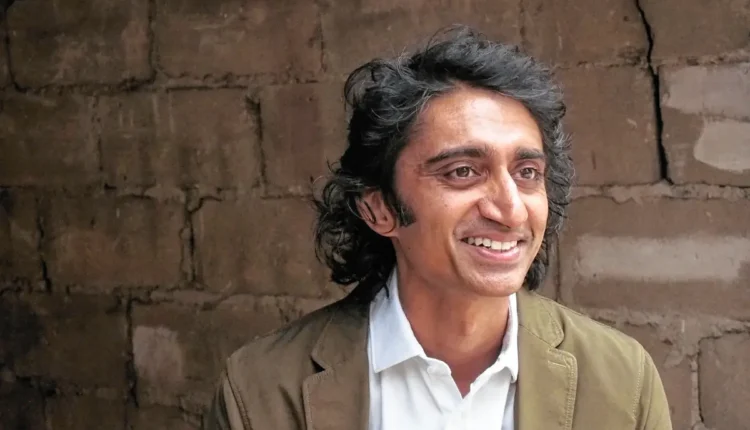In the landscape of American journalism, where the interplay of race, immigration, gender, and identity continues to shape national discourse, Arun Venugopal stands out as a beacon of insightful, compassionate reporting.
Currently serving as a Senior Reporter in the Race & Justice Unit at WNYC, New York Public Radio, Venugopal’s work delves deep into the fabric of American society, revealing the complexities and contradictions that define it.
Early Life and Influences of Arun Venugopal
Arun Venugopal’s story begins in Piney Point, a suburb of Houston, Texas. Growing up as the son of Indian immigrants who arrived in the United States in 1969, Venugopal was immersed in a cultural dichotomy that would later inform his journalistic perspective.
His parents’ journey, marked by resilience and adaptation, provided a rich backdrop for his understanding of the immigrant experience in America.
Reflecting on his upbringing, Venugopal critiques the notion of Indian-American, and by extension, Asian-American exceptionalism. He challenges the simplistic narratives that paint these communities as the “model minority,” urging a deeper examination of the socio-political dynamics that have enabled certain nonwhite groups to thrive. This critical perspective underscores much of his reporting, highlighting the engineered conditions behind these success stories.
Education and Career Beginnings
Venugopal’s academic journey led him to The New School, where he earned a Master of Arts in Media Studies. This academic foundation paved the way for a prolific career in journalism.
Venugopal has contributed to a myriad of respected outlets, including NPR’s “Morning Edition” and “All Things Considered,” Slate, PBS Newshour, The Guardian, The Wall Street Journal, The New York Times, Salon, The New York Post, and the Associated Press.
Micropolis: Bringing New York City to Life
In 2010, Arun Venugopal created “Micropolis,” a program under the auspices of WNYC New York Public Radio. “Micropolis” is a testament to Venugopal’s commitment to making the diverse and often fragmented communities of New York City more knowable and relatable.
Each episode explores a different facet of the city’s ethnic tapestry, from the vibrancy of Black protest music to the resilience of the Tibetan community in Jackson Heights.
“Micropolis” isn’t just a show; it’s a journey through the soul of New York City. It has covered the New York roots of Trumpist Islamophobia, Christmas festivities among non-Christians, and even the scholarly pursuits of Jewish Talmudic study conferences.
Arun Venugopal’s storytelling doesn’t just inform; it immerses the audience in the lived experiences of these communities, fostering a greater understanding and appreciation of the city’s diversity.
Tackling Contemporary Issues
One of the hallmarks of Venugopal’s career is his ability to tackle contemporary issues with depth and nuance. His examination of the “model minority” myth among Asian-Americans is particularly noteworthy.
Arun Venugopal dissects how this narrative, while seemingly positive, can perpetuate racism and xenophobia against other nonwhite groups. By highlighting these dynamics, he encourages a more inclusive and equitable conversation about race and identity in America.
In 2017, Arun Venugopal undertook a significant project: collecting narratives from white working-class Americans who voted for Donald Trump. This endeavor was not about validating or invalidating their choices, but about understanding their motives and concerns.
Through these narratives, Venugopal provided a platform for voices often marginalized in mainstream media, fostering a more comprehensive understanding of the American electorate.
Impact and Legacy
Arun Venugopal’s work transcends mere reporting; it is a form of social activism. By giving a voice to the underrepresented and challenging dominant narratives, Venugopal plays a crucial role in shaping public discourse around race, immigration, and identity. His contributions to WNYC and other media outlets have made significant strides in promoting diversity, inclusion, and understanding.
Also Read:Simran Jeet Singh: A Champion of Equity, Education, and Justice

